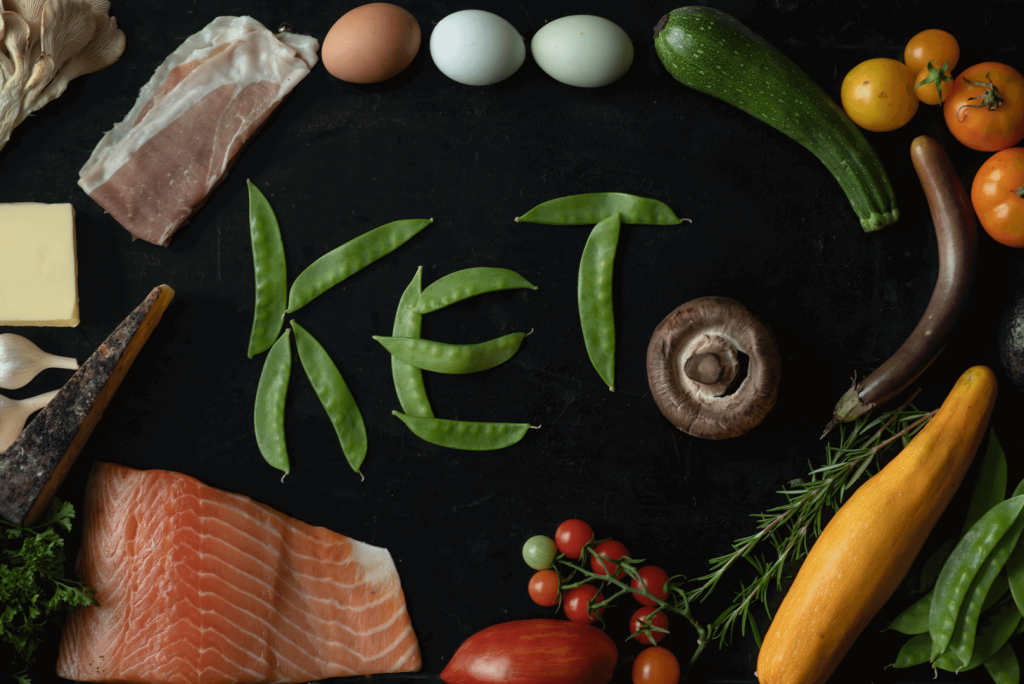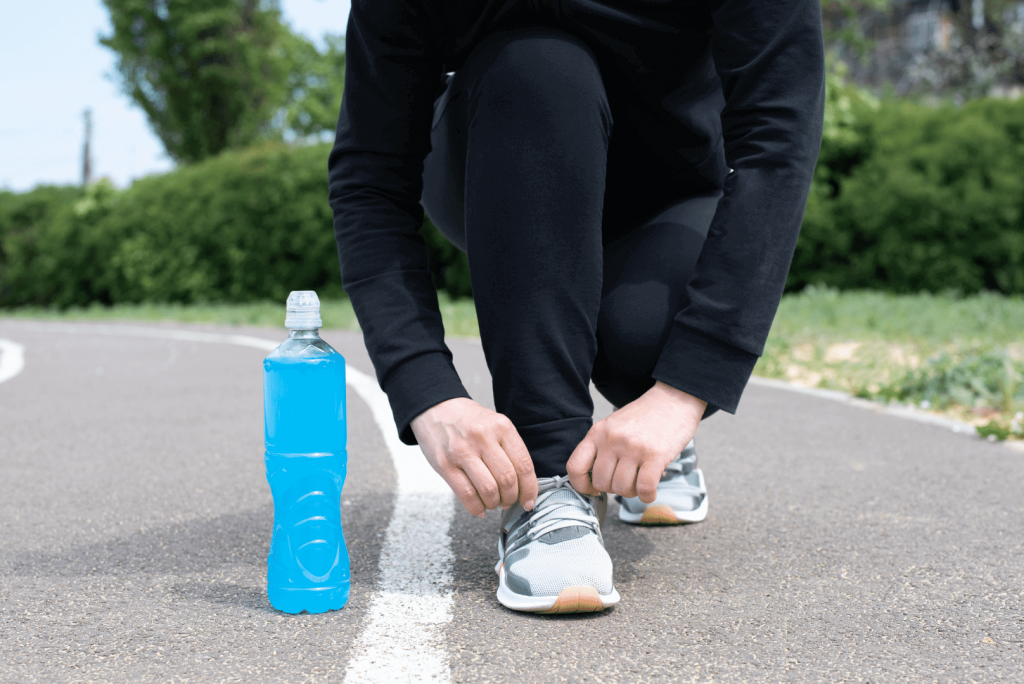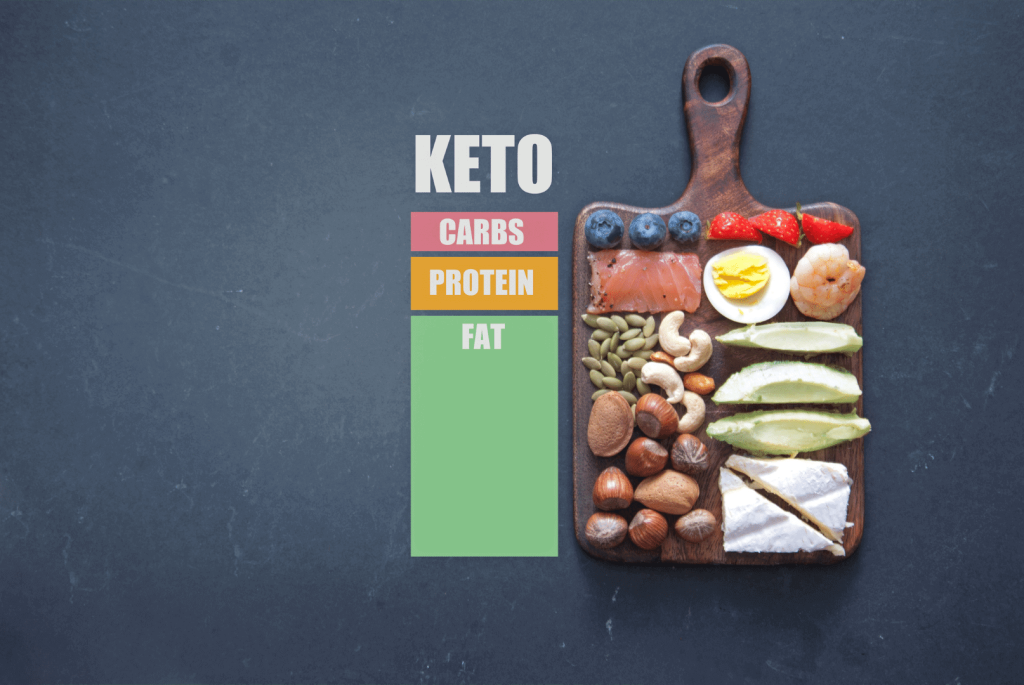
How to Go Ketogenic without Keto Flu or Digestive Irregularity


How to Go Ketogenic without Keto Flu or Digestive Irregularity
From coaching hundreds of clients through keto, I’ve seen firsthand the amazing benefits that this type of food protocol can provide.
Do You Have the Keto Genes or Enter Ketosis Easily?

Eating a ketogenic diet is a great idea for many different types of people, especially if you have keto genes, such as the strong PPAR-delta variant.
The PPAR gene is responsible for creating proteins that are involved in the breakdown of fat. There are three variants: alpha, gamma, and delta.
PPAR-alpha is involved in energy homeostasis. PPAR-gamma increases insulin sensitization and metabolism of glucose. PPAR-delta boosts fatty acid metabolism.
You can determine if you have the PPAR-delta variant through genetic testing, and if so, eating a ketogenic diet will render even better results than for most. If you don’t have the PPAR-delta variant, eating a ketogenic diet can still provide a host of benefits to your overall health. It may just be a little more difficult, but it’s likely doable.
Whether they have the genes or not, many people struggle with entering ketosis because of initial keto transition symptoms and side effects such as constipation and diarrhea.
These can be signs of the early stage of keto-adaptation.
As you transition your food consumption to a ketogenic protocol, your body’s glycogen stores become depleted. Your body then switches to burning fats into ketones instead of glucose for energy. That means your cells are forced to produce more mitochondria and keto-burning enzymes while energy-demanding organs struggle.
The transition can be an unpleasant experience, and the length of time spent in this phase varies from individual to individual. Some may not experience any adverse side effects, while others may have several weeks of fatigue and upset bowels.
After 2-4 weeks, however, the symptoms of keto flu will likely subside, and you’ll be well on your way to thriving on a ketogenic diet. Once your body adapts to running on ketones instead of glucose, you’ll have a sharper mind, increased energy, and a leaner body. Fasting will also be easier as ketones suppress appetite and cravings.
Now, let’s talk about how to go through these crucial 2 – 4 weeks of keto-adaptation smoothly.
How to Avoid or Minimize Keto Flu
Take it easy
In the first 4 weeks, avoid extreme physical or mental feats. Stressing your body with excessive exercise or cognitive demands during the start of your transition can worsen keto flu symptoms.
Also, be aware that your physical and mental performance may drop during this time. Your strength may even drop by half. It’s totally normal and temporary–it doesn’t mean that all your gains have disappeared. They will come back once your body learns to replenish its own glycogen stores or once you have a carb refeed.
Since your body won’t be fully adapted to running on fat this early in your diet change, you will essentially be starving your cells of energy. This is what contributes to the unpleasant feelings of keto flu, which is exacerbated by extreme physical or mental demands. Instead, take it easy and focus on providing your body what it needs to transition into ketosis.
Use MCT oil and exogenous ketones, but start slowly

Ketones are what you need to be in ketosis. During keto adaptation, your cells are trying to get better at producing enough ketones and burning ketones for energy.
To help with the former, supplementing with medium-chain triglycerides (MCT oil) is a good idea. MCT oil is usually derived from coconut oil and helps keep your body in a fat-burning state, because your body can break it down into ketones easily.
Another option is to directly supplement with ketones, because then you bypass the necessary chemical reaction of changing MCT oil to ketones. These supplements are called exogenous ketones.
Supplementing with either can help prime your body for ketosis and smooth the transition. If you take too much, however, both can cause loose stools, so start gently and adjust as necessary.
Start with ¼ teaspoon of MCT oil or ¼ scoop of exogenous ketones and slowly increase the amount. Also, note that when you take them on an empty stomach or combined with coffee, the loose stool effects can happen at a lower dose than when you take them with food or without coffee.
Take mitochondrial support
The mitochondria are responsible for breaking down fat and ketones into energy, so it’s essential to support your mitochondria during the transition period as they will be working on overdrive.
Not all mitochondrial support is created equal, however, and some companies skimp on key ingredients. kApex, which includes L-carnitine and ubiquinone (CoQ10) is exactly what you want to be taking. L-carnitine helps bring fatty acids into the mitochondria, whereas CoQ10 supports mitochondria energy production and counteracts oxidative stress.
kApex is the only mitochondrial and digestive support supplement formulated for ketogenic eaters. It helps minimize keto flu, fatigue, and digestive symptoms during keto-adaptation.
Take electrolytes

A ketogenic diet causes your kidneys to dump electrolytes, so it’s important that you replenish these minerals.
If your electrolyte levels become too low, you may experience cramping, headaches, lethargy, or cognitive decline. Low electrolyte levels can happen for a variety of reasons, and transitioning to a ketogenic diet is a known cause.
An easy way to replenish your electrolytes is by adding sea salt and cream of tartar to your water. I do this regularly, and my electrolyte levels are much better than before. Opt for Celtic sea salt, as it offers the most health benefits.
Since the food chain is low in magnesium, especially if you’re eating fewer plants, it’s important to supplement with magnesium when you’re on a ketogenic diet. Magnesium Breakthrough is the best magnesium on the market since it contains 7 forms of magnesium.
Avoid aggressive caloric deficits
Many people go on a ketogenic diet to lose weight. At the same time, eating a lot of fat can reduce your appetite and make you nauseous. So, it’s easy to undereat, whether intentionally or unintentionally.
While you’re keto-adapting, you definitely do not want to restrict caloric intake. Your body will already be stressed, and adding a severe caloric deficit can worsen fatigue and brain fog.
How do you avoid this? Simple! Eat until you’re satiated. During the adaptation phase, it’s paramount to eat until you’re satisfied and provide your body with all the necessary nutrients that it needs. The first 2 – 4 weeks of keto-adaptation is NOT the time to introduce intermittent fasting or caloric deficit.
Once your body has adapted and is functioning well on ketones, you can consider intermittent fasting, limiting your eating window, or caloric restriction to improve your health or lose weight.
Now that you’ve learned about ways to avoid keto flu let’s talk about avoiding digestive problems that typically accompany keto.
How to Fix Digestive Irregularity on Keto
Many people blame a ketogenic diet as the cause of their diarrhea if they experience the two concurrently. However, this is not true. Instead of giving up, try to determine what food is causing irregularity, and remove it from your diet.
Diarrhea is not a sign of ketosis but is likely caused by an extraneous factor. This can be low fiber levels, fat indigestion, poor food choices, or health challenges.

Try removing MCT oil and sugar alcohols.
First, completely remove exogenous ketones, MCT oil, and sugar alcohols from your diet. Sugar alcohols are sweeteners with names that end in -ol, such as sorbitol, erythritol, and xylitol. You can still do keto without these foods.
Still having irregularity? Remove coffee, as it can cause loose stools, especially when mixed with MCT oil, butter, and magnesium.
Use digestive support
Bile triggers gut movement, so a high-fat meal can cause loose stools.
In this case, using digestive support high in lipase and bile-stimulating herbs can help. Bile helps break down fats. Because you’re eating much more fat, you need much more bile.
In addition to providing mitochondrial support, kApex stimulates healthy bile production and flow with dandelion roots.
Also, HCL Breakthrough improves gut movement and digestion while decreasing bloating, gas, belching, and stomach discomfort. It is mineral-enhanced with a full-spectrum mineral complex to provide cofactors to digestive enzymes.
Together, these two supplements offer fantastic digestive support.
Watch out for keto foods that are high in sugar alcohol
When you walk through the aisles of your grocery store, you may be tempted to pick up a variety of items labeled as “keto” that you never thought you’d be able to eat again.
I’ve seen everything from cookies to candy bars receiving a “keto” label, even though they are FAR from it.
Most of these foods are high in sugar alcohols, which can cause loose stools. They may also contain wheat or have higher net carbs that can kick you out of ketosis. Therefore, I suggest starting with keto, relying on as much clean food as possible. Once you’re keto-adapted, you can introduce some of these as treats.

Keep the vegetables in your diet and hydrate adequately
Proper hydration and vegetable intake will help keep your digestion moving and limit bowel discomfort.
If you’re constipated, increase both your fiber and water intake. Decreasing either during your transition period will greatly increase your risk of experiencing constipation. The good thing is that it is easily fixed.
If you’re a coffee drinker, make sure you’re drinking even more water because coffee is a diuretic and can also contribute to constipation due to dehydration.
Take probiotics
Changing your diet drastically can affect your gut flora, which can result in bowel changes.
Therefore, I recommend a high-quality probiotic such as Probiotic Breakthrough which optimizes digestion and supports regularity through healthy gut flora.
Conclusion
Switching to a ketogenic diet can help resolve a multitude of issues. In many cases, it can uniquely support your aesthetics, performance, and longevity health goals.
Although you may be wary of experiencing keto-flu or have heard others complain about switching to a ketogenic diet, you don’t need to if you follow the guidelines above.
You can avoid the adverse effects of switching to keto with proper supplementation. The low-carb stack of HCL Breakthrough, kApex, and Probiotic Breakthrough are exactly what you need to make this a smooth transition.
If you have friends or family who has tried keto but stopped due to upset bowels, encourage them to try again while taking the low-carb stack to help minimize any uncomfortable symptoms.
I’m so happy I made the keto switch decades ago, and I can’t wait for you to have a seamless transition by utilizing our low-carb stack.
References
- Tyagi S, Gupta P, Saini AS, Kaushal C, Sharma S. The peroxisome proliferator-activated receptor: A family of nuclear receptors role in various diseases. J Adv Pharm Technol Res. 2011;2(4):236-240. doi:10.4103/2231-4040.90879
- Masood W, Annamaraju P, Uppaluri KR. Ketogenic Diet. In: StatPearls [Internet]. StatPearls Publishing; 2022.
- Shrimanker I, Bhattarai S. Electrolytes. Published online 2022. Accessed September 17, 2022.
- Mashoto KO, Malebo HM, Msisiri E, Peter E. Prevalence, one week incidence and knowledge on causes of diarrhea: household survey of under-fives and adults in Mkuranga district, Tanzania. BMC Public Health. 2014;14(1):985. doi:10.1186/1471-2458-14-985
- Sharma K. Review on bile acid analysis. Int J Pharm Biomed Sci. 2012;3(2):28-34.
- Mahboubi M, Mahboubi M. Hepatoprotection by dandelion (Taraxacum officinale) and mechanisms. Asian Pac J Trop Biomed. 2020;10(1):1. doi:10.4103/2221-1691.273081
